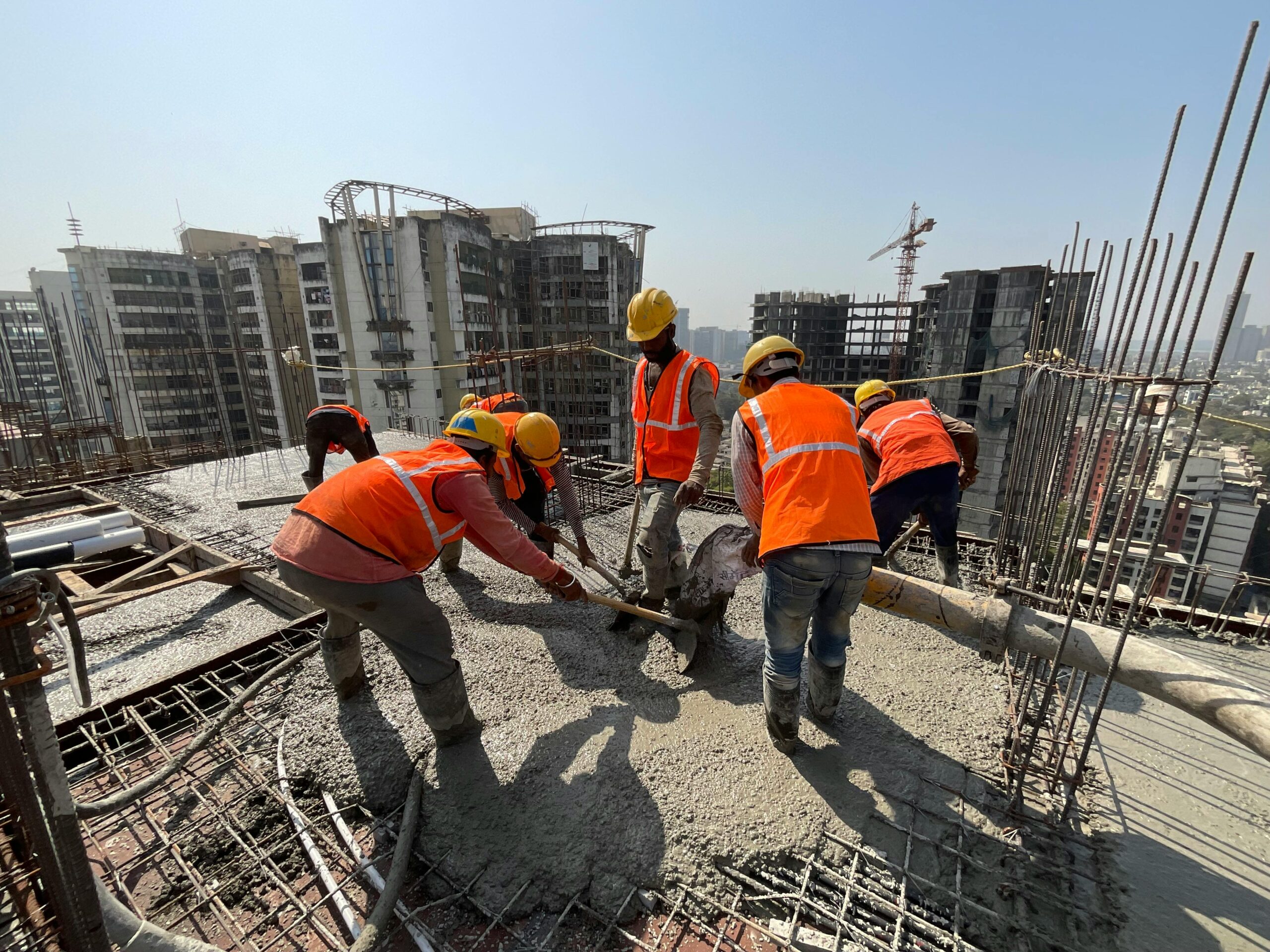
Construction and Commercial Law Insights
News & Insights

How the AIA A201-2017 General Conditions are Applicable to COVID-19
The AIA A201General Conditions of the Contract for Construction (“A201”) is one of the most commonly used contract documents in…
Read More >>Construction Contract Review — What is Critical?
Critical components of a construction contract include: indemnification, scope of work, warranty, payment terms, pay if paid/pay when paid. schedule…
Read More >>Construction Project Risk Assessment and Management
Risk is defined by Webster as the possibility of loss or injury, peril; a dangerous element or factor. Risk, when…
Read More >>David Scotti Joins Board of Directors of the BGCWPA
David is pleased to announce that he has recently been appointed to the Board of Directors of the Boys &…
Read More >> From construction law to arbitration/mediation,
let our team of experts help you today!
More from Our Legal Experts

How to Avoid Contract Drafting Mistakes
There are a myriad of decisions which must be made when drafting construction and design contracts for a project. The…
Read More >>
The 1913 PA Separations Act’s Impact On Construction Contracts
Sometimes the law struggles to keep pace with the ever-changing needs and demands of the people. As a result, some…
Read More >>Pennsylvania’s Separations Act
Recognizing and Addressing the Limitations of the Multiple–Prime Delivery System By David A. Scotti, Esquire Introduction In Pennsylvania, when public…
Read More >>Winter News from Scotti Law Group
*Winter Morning in Pittsburgh – January 20, 1994 – taken by David Scotti© David Scotti recently presented at the ACBA…
Read More >>David Scotti Speaks at ACBA Bar Week on the Risks Associated with Growing a Company
David Scotti was asked to present at the ACBA's presentation on Managing Manufactured System Risk in Construction Law. Follow the…
Read More >>ABA Forum on Construction Law presents 3rd edition of THE Construction Contracts Book
THE Construction Contracts Book is now in its third edition and is available at this link: THE Construction Contracts Book.…
Read More >>